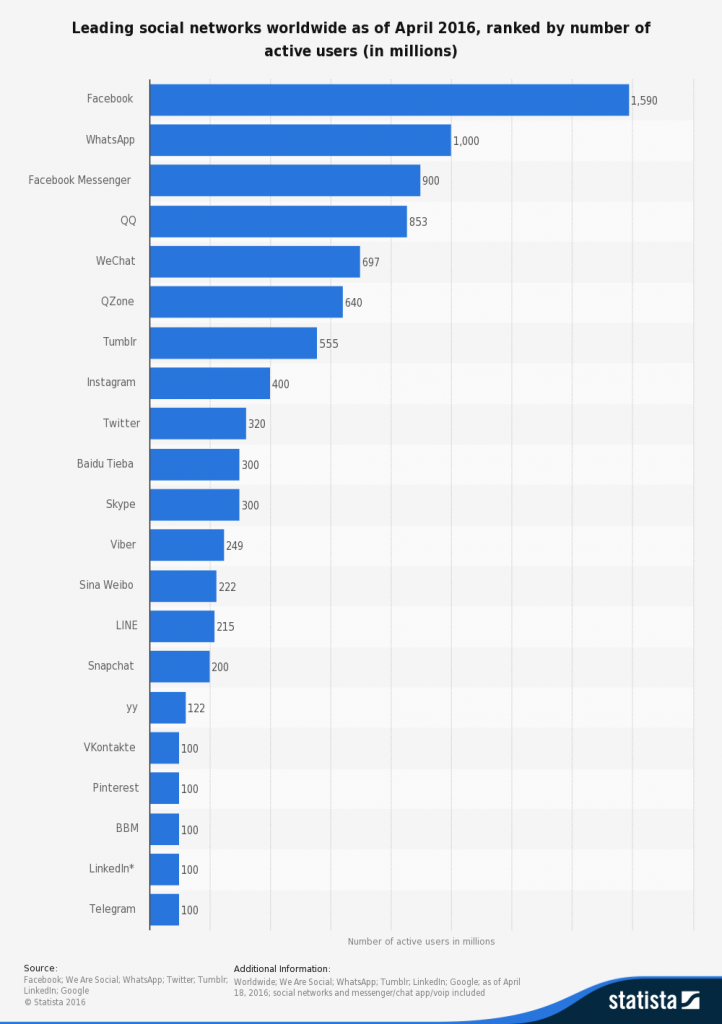Fakebook and the Confrontation with Reality
Facebook. Love it. Hate it. It’s here to stay.
Facebook has over 1.59 billion active monthly users, which translate to roughly 22% of the world’s population. If so many people are using it, there must be something good about it. Or addictive.
I think it’s a little of both.
I joined Facebook in 2007 during which time it was still required that you be invited by someone else (and identify which college you had attended). I giggled at the emoticon-like “gifts” you could give to your friends. I had about two friends. Then four. Before I knew it, I was friends with over 1,000 people.
 As a public relations professional, I know a lot of people. But I wouldn’t call every person I email, call or Skype with a “friend”. Facebook has termed connections friends because that’s what they were originally intended to be. And I don’t doubt that having friends or being friendly is a good thing. But are we truly friends with all the people we “like” there?
As a public relations professional, I know a lot of people. But I wouldn’t call every person I email, call or Skype with a “friend”. Facebook has termed connections friends because that’s what they were originally intended to be. And I don’t doubt that having friends or being friendly is a good thing. But are we truly friends with all the people we “like” there?
Aside from the inauthentic terminology, Facebook provides us ample opportunity to showcase our opinions and interests in other arenas. We can write tirades about reckless politicians, offer solidarity to the victims of terrorist attacks, post cute cat videos or moving snippets from talent shows in which 11-year-olds belt out operatic-like crescendos. For a moment in our day, Facebook makes us feel a part of a greater world. We can show empathy, sadness, anger or gratitude. We can even find love there (I did!).
Anything goes (well, almost anything) in the world Mark Zuckerberg created for us.
Pretty early on in my Facebook existence, I decided to be one of those users who doesn’t post many private things. I’d use it more to stay in touch with true friends and family, market my books and clients and stay low to the ground on anything too personal. I admit to painting a rosy picture sometimes when things weren’t going too well. But I refused to use the online platform as a stomping ground for all that was going wrong in my life. It seemed too public, too impersonal, too real. So I, like many others, turned Facebook into Fakebook, putting my best foot forward whenever possible.
There’s nothing wrong with maintaining privacy in a world that monitors everything. So-called cookies (why are they called that? They aren’t delicious, but rather leave a trail of our online activity) keep track of our likes and dislikes. Facebook has been known to do the same. It’s only natural to be slightly guarded online. And to think before you post. It’s something I hammered into my kids’ brains. Thankfully, they listened.
But not being totally real is comparable to exaggerating your work experience on your resume. It’s obvious to the people who truly know you, but most people won’t call you on it or even care.
Facebook does. Why else would it have the memory function?
Occasionally, you will see pictures from years gone by that Facebook suggests you repost. Those pictures, especially the ones a few years ago, confront me with my own reality. While I put on a good face, I wasn’t being real.
Facebook is like an elephant. In fact, the entire Internet is. It remembers. It reminds us of our inauthenticity. It marks how we spend our days and throws it back in our faces when we least expect it. It can be incredibly confrontational or just sad to be caught in a lie we told ourselves for so many years.
On the other hand, Facebook is an archive of who we thought we wanted to be. Sometimes we get it right. Sometimes we get it wrong.
Luckily, we have true friends — online and off — to catch us when we fall. Fakebook and all.
Power of Slow | Farewell, My Prince
April 22, 2016 at 7:00 am[…] for no particular reason. Then I discovered my beloved Prince had died at the age of 57 (thanks, Facebook. You really are good at sharing these […]